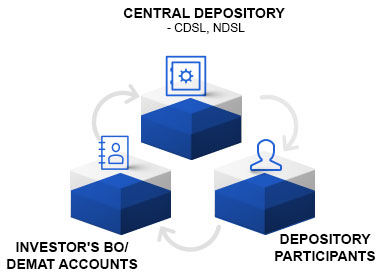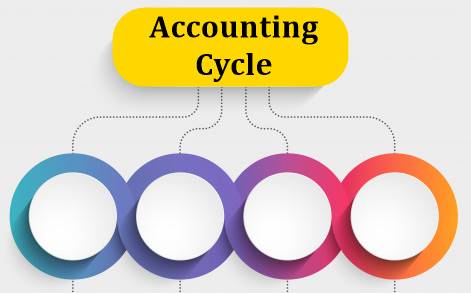
Table of Contents
Accounting Theory
What is Accounting Theory?
Accounting theory is a set of frameworks, assumptions, and methods that are used in the application and study of financial reporting principles. The accounting theory study comprises a review of essential practicalities of accounting practices.

These practices are altered and added to the supervisory framework that regulates financial reporting and statements.
Incorporating "accounting theory" in financial discussions is vital for ensuring compliance and consistency in corporate reporting. This comprehensive approach addresses both practical and theoretical aspects, providing a roadmap for the preparation and interpretation of financial data.
Nature of Accounting Theory
All accounting theories are assured by the theoretical framework of accounting, which is provided by a specific entity to outline and establish primary objectives of financial reporting by both public and private businesses. Furthermore, accounting theory can also be regarded as the logical reasoning that helps to assess and guide practices of accounting. Not just that, but it also helps develop new methods and procedures.
One essential aspect of this theory is its usefulness. In the corporate world, all financial statements should have crucial information that readers can use to make informed and cautious decisions for businesses. Moreover, accounting theory is flexible to produce adequate information, despite the noticeable changes in the legal environment. Along with that, the theory also states that all of the data should be consistent, comparable, reliable, and relevant.
Lastly, the theory requires that all financial and accounting professionals should operate under four different assumptions:
- A business should be a separate entity from its creditors and owners.
- The company should continue to exist and should not come under the list of bankruptcies.
- All of the financial statements should be prepared with rupee amounts and not any other numbers such as production units and more.
- All of the financial statements should be prepared either on a monthly Basis or annual basis.
Talk to our investment specialist
Special Approaches to Accounting Theory
Surprisingly, accounting has been in existence since the 15th century. Since then, both economies and businesses have significantly evolved. Accounting theory is a consistently evolving subject and must be adapted to newer ways of business, latest technology, and other aspects of reporting mechanisms.
For example, modern advancements such as blockchain accounting and AI-based auditing tools are reshaping the framework. Accounting theory ensures these new practices align with core principles, enabling businesses to maintain accuracy and transparency.
There are organizations and entities like the International accounting standards Board (IASB) and the Financial Accounting Standards Board (FASB) that help create and alter practical applications of this theory through modifications to the reporting standards. Companies and larger organizations are obligated to adhere to these changes while creating their financial reports and statements.
Importance of Accounting Theory
Accounting theory plays a crucial role in:
Standardization: Ensures that financial statements across organizations are comparable and consistent.
Regulatory Compliance: Helps companies adhere to laws and standards like GAAP or IFRS.
Transparency: Provides stakeholders with clear insights into a company’s financial health.
Decision Making: Aids businesses and investors in making informed decisions based on reliable data.
Innovation Adaptability: Ensures that emerging technologies and business practices integrate seamlessly into existing frameworks.
Conclusion
Accounting theory is a fundamental pillar of financial reporting, ensuring that businesses operate transparently and ethically while adapting to evolving economic and technological landscapes. By providing a structured framework for the preparation and analysis of financial statements, accounting theory aids in the development of informed decision-making, consistency, and compliance with regulatory standards. As businesses continue to innovate, the dynamic nature of accounting theory ensures its relevance and applicability, making it an indispensable tool for accountants, financial analysts, and stakeholders alike.
Whether you are exploring the history of accounting theory or delving into its modern applications, understanding its significance is essential for navigating today’s complex financial environment.
All efforts have been made to ensure the information provided here is accurate. However, no guarantees are made regarding correctness of data. Please verify with scheme information document before making any investment.












